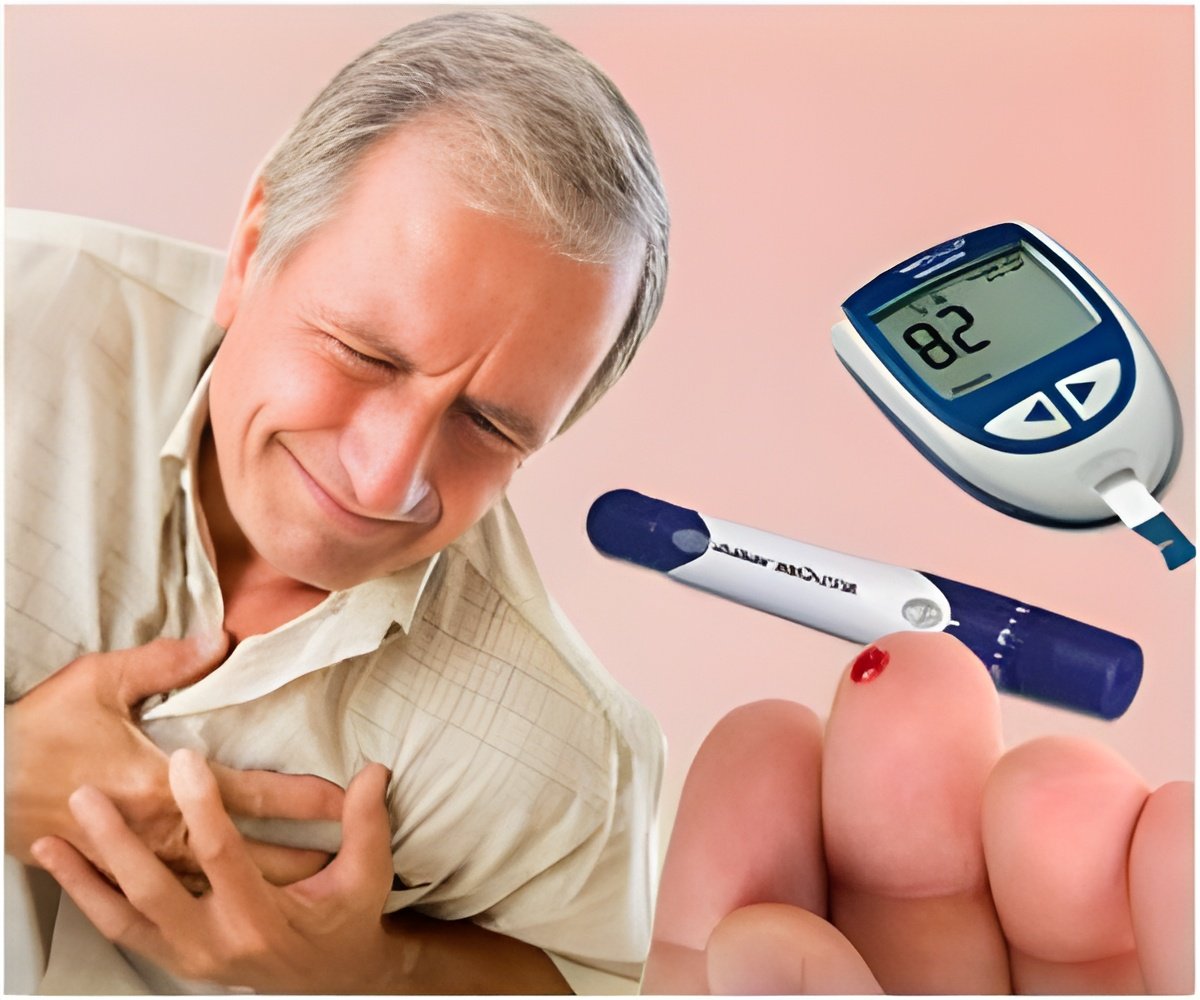Type 2 diabetes patients who consume high levels of salt in their diet have double the risk of developing heart disease, a new study reveals.

First author, Chika Horikawa, from the University of Niigata Prefecture in Niigata, Japan, said that their findings provided clear scientific evidence supporting low-sodium diets to reduce the rate of heart disease among people with diabetes. Although many guidelines advice people with diabetes to reduce their salt intake for lowering the complications risk, this study was among the first large longitudinal studies to demonstrate the benefits of a low-sodium diet in this population.
The study surveyed participants in the Japan Diabetes Complications Study who were aged between 40 and 70 and were diagnosed with diabetes. Participants were identified at 59 outpatient centers and universities across Japan. In all, 1,588 people responded to a survey about their diets, including sodium intake. The researchers reviewed data on cardiovascular complications participants experienced over the course of eight years.
The study is published in the Endocrine Society's Journal of Clinical Endocrinology and Metabolism.
Source-ANI
 MEDINDIA
MEDINDIA




 Email
Email










